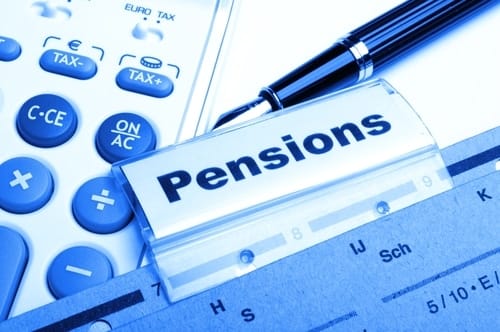The current State Pension changes from 6 April 2016 and there will no longer be a basic state pension with additional state pension (ASP) elements, but one single tier flat rate pension payable to a person with 35 years of national insurance contributions. Pensionable ages remain as before (subject to any further government changes), so those born from late 1954 to early 1960 get their pensions from 66, those born 1962-1970 from 67 and those born from late 1978 onwards have a state retirement age of 68.
What changes on divorce?
Pensions are a key part of any divorce settlement. Under the old scheme on divorce the spouse with less than ‘full’ contributions could seek to have their contributions to basic state pension matched to the contributions of their spouse with full contributions and have a pension sharing order for Additional State Pensions. The new scheme is not shareable and those without 35 years NI contributions will receive 1/35th less for each missing year. For some with more than 10 years NI at 6 April 2016 they will have an option to ‘buy’ a protected payment element for what they would have otherwise had as Additional State Pensions, but this will have its limitations for a spouse trying to obtain a share, as only the protected payment will be shareable, if this is obtained by the other spouse, and will be limited to those who can apply for protected payments.
Major impact for stay at home wives
The removal of using a spouse’s NI record has been justified by the government on the basis that state pension should be personal to each individual and their NI contributions, but this could see devastating effects for stay-at-home wives who will potentially not then get the full 35/35 rate. It’s worth noting, in passing that for cohabiting couples who are not married, there is no entitlement to pension sharing at all, under the old scheme or in relation to private or other pension schemes.
This new scheme and individual-only contributions presents a huge risk to those spouses who have stayed at home to care for their children or worked less years for other reasons because of personal / family / other circumstances. If they don’t have 35 years NI contributions in their own right they will not receive a full state pension on retirement. Full stop.
The only way to seek to resolve this and bridge the gap between the spouses retirement incomes is for the ‘wife’ to look to share in the private / work-place and other pension schemes of their spouses and to have both legal and financial advice on the impact of the gap between pensions and how to resolve this to ensure that the spouse without full NI contributions does not suffer financial hardship in retirement and has adequate pension provision compared to the spouse with full NI contributions and additional pension resources from other schemes.
A Court Order is required to achieve pension sharing, which will make D-I-Y divorces even more dangerous where a ‘wife’ is not properly advised of her entitlement to claim against her husband’s pensions and the spousal benefits which terminate when Decree Absolute is pronounced, concluding the divorce and ending the marriage. Couples who try to keep things amicable may not wish to trigger an argument by raising the issue of their pension on divorce, and without legal advice are less likely to appreciate it will be essential to do so given they may otherwise retire to regret it.


